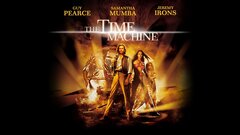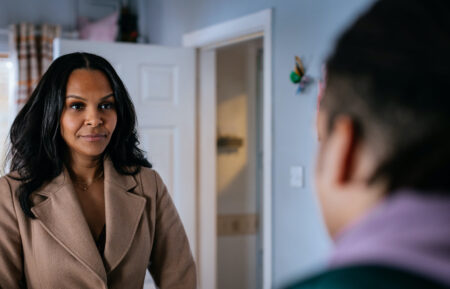Born in Dublin to an Irish mother and Zambian father, singer and actress Samantha Mumba has said that her unusual background and exotic beauty was accepted in Ireland with fascination rather than discrimination.
Tall and graceful, with flawless skin and a dancer's build, Mumba began performing at age three at Dublin's Billie Barry Stage School. The following year she was spotted in a dance class and booked on a television program, beginning an extracurricular entertainment career that became a full-time goal when she left school at seventeen to record her debut album "Gotta Tell You." Winning the attention of producer and famed pop group creator Louis Walsh (who hit the top of the UK charts many times over with his Dublin boy bands Boyzone and Westlife) thanks to her ingenuity and her high-profile role in "The Hot Mikado," a new spin on the Gilbert and Sullivan classic produced on the Dublin stage, Mumba landed a record deal and quickly hit the charts in the UK, even managing to score a hit in the USA, an enviable accomplishment very few European pop stars can claim.
Standing out from the pop princess crowd dominated by blue-eyed blondes thanks to her confident demeanor and deeper voice as well as her look, Mumba became a fixture on MTV with her debut single "Gotta Tell You" and ranked a club hit with her follow up "Baby Come On Over."
She then segued to the big screen in "The Time Machine" (2002), a Steven Spielberg-produced retelling of the H.G. Wells classic, directed by Wells' great-grandson Simon Wells (with an uncredited assist from Gore Verbinski). Mumba played Eloi, the ethereal futuristic creature who speaks an unknown language in a role devoid of any of the singing and dancing known to pad many a pop singer's feature work. The filmmakers were so impressed with Mumba's performance that she was called back to shoot additional footage, placing the character in more scenes and inserting her in the trailer, quite unlike the editing out many are subject to in their first feature outing.
Working on her sophomore album after "The Time Machine" finished shooting in 2001, the ambitious but level-headed Mumba was out to prove to be a more permanent fixture in the entertainment industry than many of her pop counterparts.


























